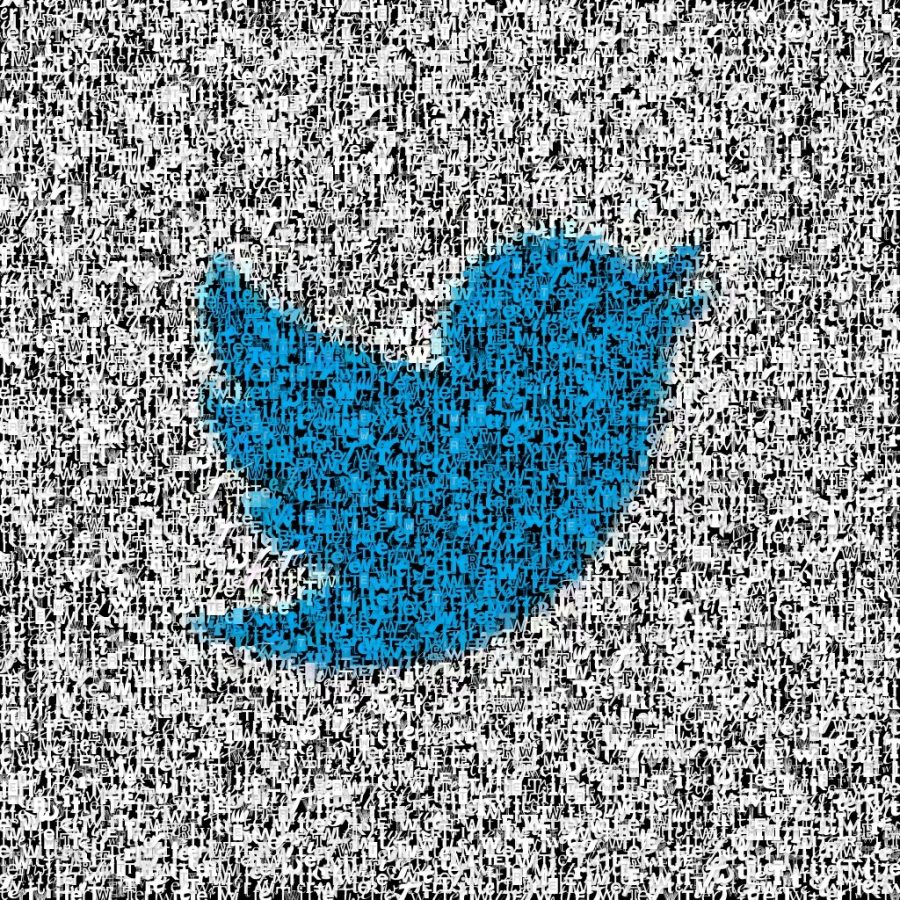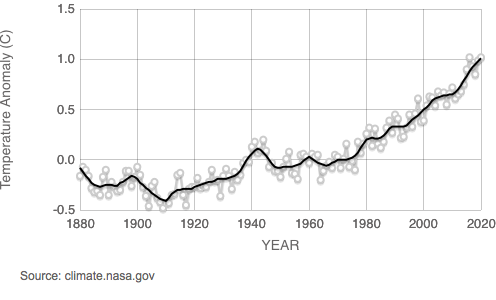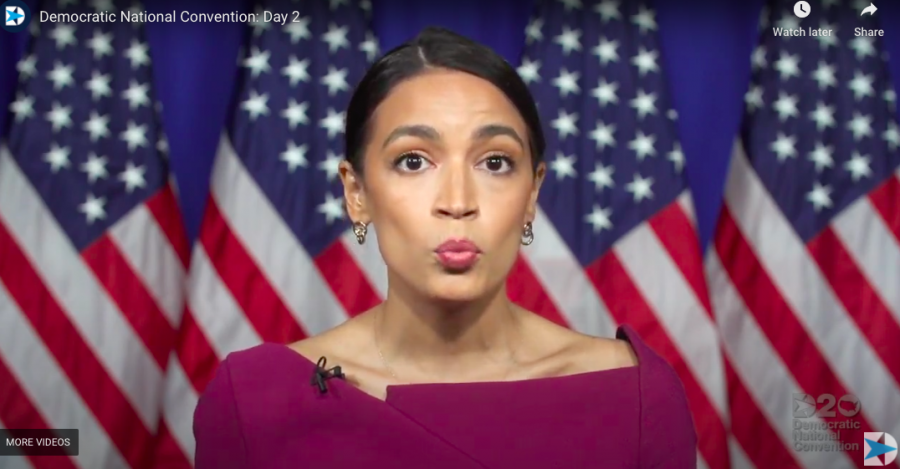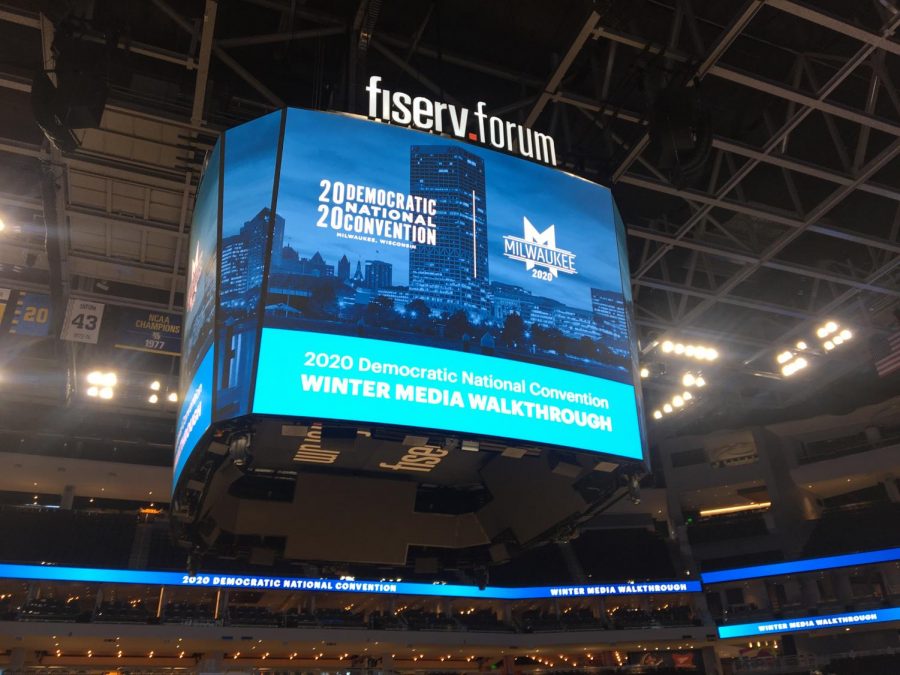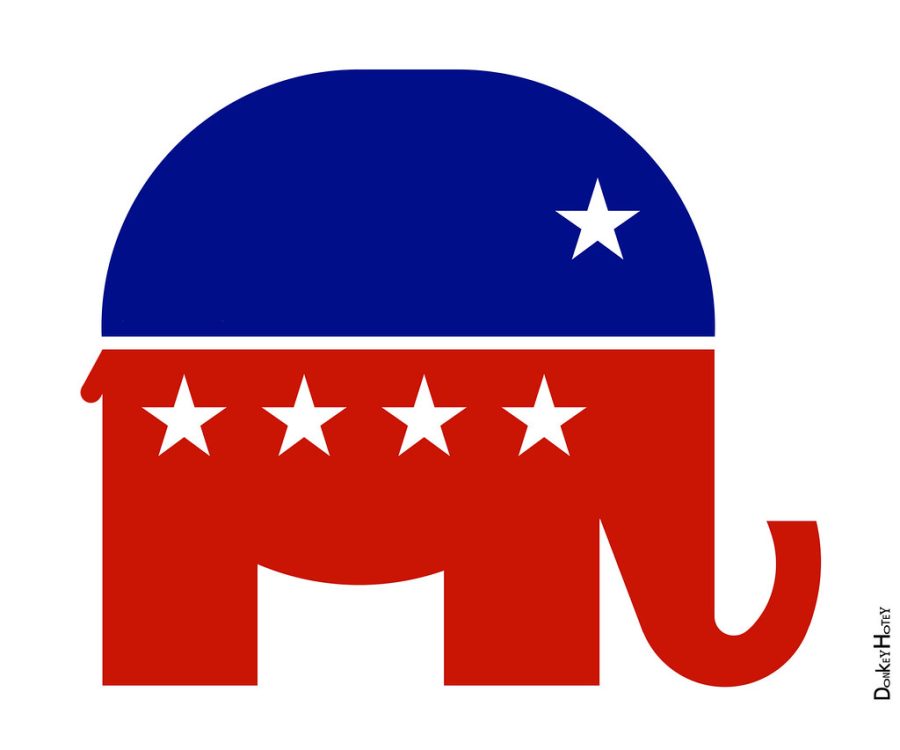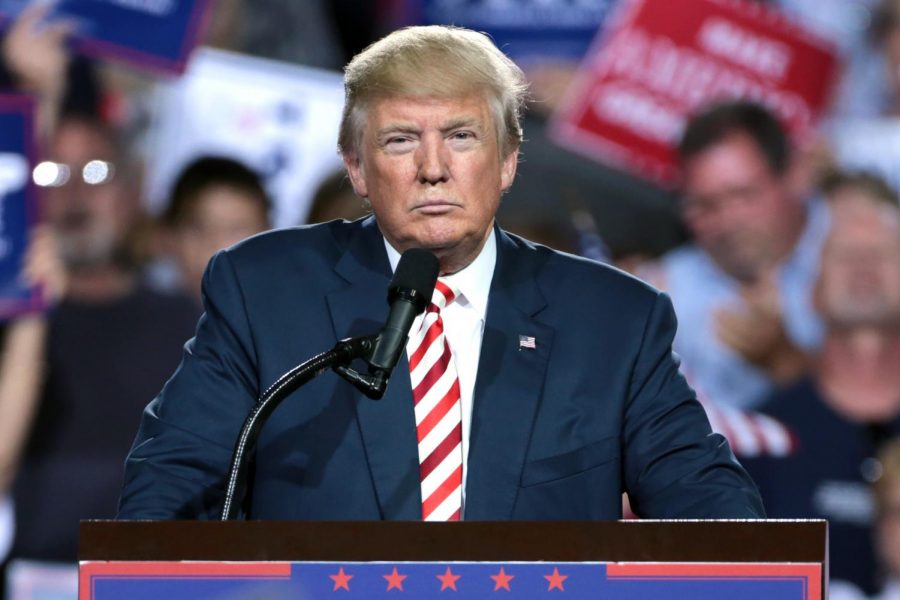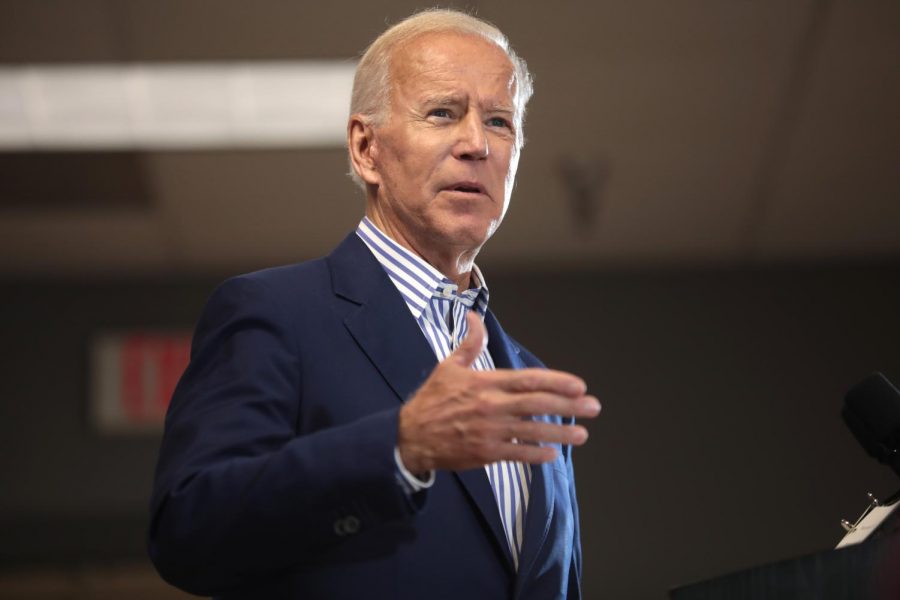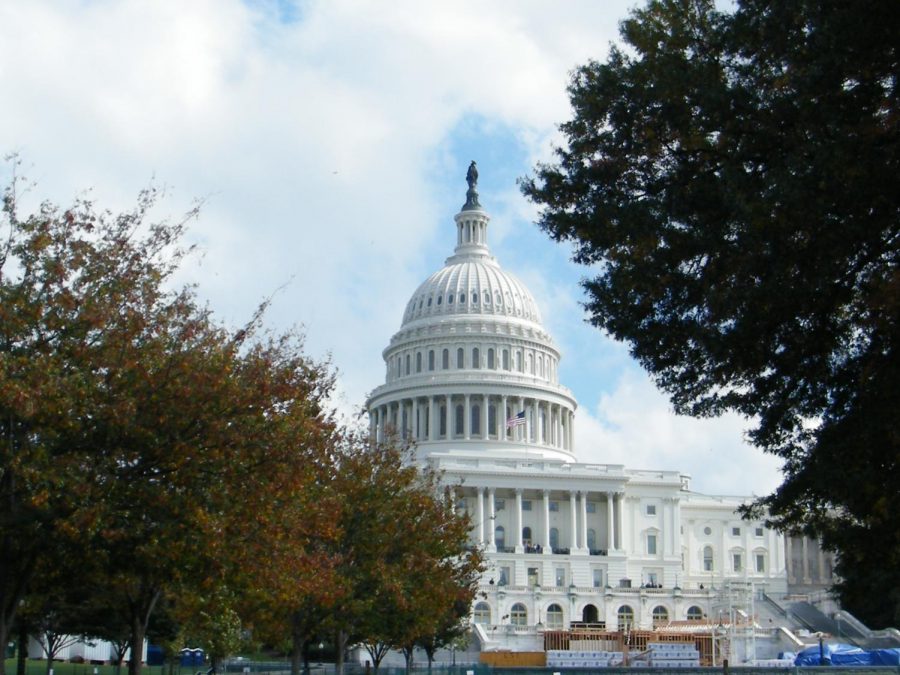Twitter is known to be a prominent platform for political discourse. Its blocking feature can limit public relationships between elected representatives and the people who elect them through a decrease in direct communication about new policies, laws and announcements.
According to Twitter’s help page, the blocking feature allows for accounts to restrict to specific accounts from contacting them, seeing their Tweets, and following them.” While this can be a great tool for reducing cyberbullying and harassment online, when a public official blocks someone due to criticism, this infringes on a First Amendment right.
The 2nd U.S. Circuit Court of Appeals ruled July 9 that the president, and all presidents after, are not allowed to block people on Twitter because of criticism, according to AP News. The court stated that if President Trump announces policy changes on his personal Twitter, not allowing the blocked members of the public to see them is unconstitutional.
The First Amendment states that “Congress shall make no law respecting an establishment of religion, or prohibiting the free exercise thereof; or abridging the freedom of speech, or of the press, or the right of the people peaceably to assemble, and to petition the Government for a redress of grievances.”
Regular citizens block people to ignore others who they might dislike or who are harassing them. However, government officials block someone for the same reasons, it is a way to silence those who disagree with them. If the public is not allowed to criticize the government or able to see what is happening in the world around them, the government may begin to turn authoritarian, limiting and controlling what the public sees.
It is not just the president who is eager to press the block button. Representative Alexandria Ocasio-Cortez of New York’s 14th Congressional District finds that the easiest way of dealing with harassment is to ignore.
Ocasio-Cortez has become a somewhat controversial figure in Congress because she is only 30 years old and has democratic-socialist views. Following her election, her young age meant that she would be dealing with lots of opposition, both from the public and her colleagues due to a lack of respect. Instead of trying to fit in with the status quo, she made it her goal to fight for her earned congressional status through arguments with fellow congressmen and introducing new laws right away.
While some appreciate what she is doing and encourage her to keep going, her actions have invited plenty of critics who spend their time replying to her tweets with their disapproval. Some become aggressive and harass her, which results in Ocasio-Cortez blocking them.
However, sometimes Ocasio-Cortez blocks people who argue their criticism is not harassment, such as former Brooklyn assemblyman Dov Hikind, who recently tried to sue Ocasio-Cortez for violating his First Amendment rights after she blocked him on Twitter. Hikind believed that she blocked him due to his criticism of her comparison with the southern border detention camps to “concentration camps.” Since then, Ocasio-Cortez has unblocked Mr. Hikind and apologized.
While Ocasio-Cortez was wrong to block Hikind in this particular case, she does not need to be held to the standard that the president does. Whereas Ocasio-Cortez blocks people who sometimes disagree with her, as the president does, she is not able to tweet out the public policy as the president can through executive orders.
The public deserves to know what laws their elected leaders create and why. Now it seems that Twitter has become a primary source for this, and when someone gets blocked for non-harassment reasons, it limits the public’s freedom of speech and right to express disdain for things they don’t agree with.
If public officials announce public policy through social media as the president has done with Twitter, blocking someone simply because they disagree violates the first amendment and has to stop in order to preserve a successful democracy.

